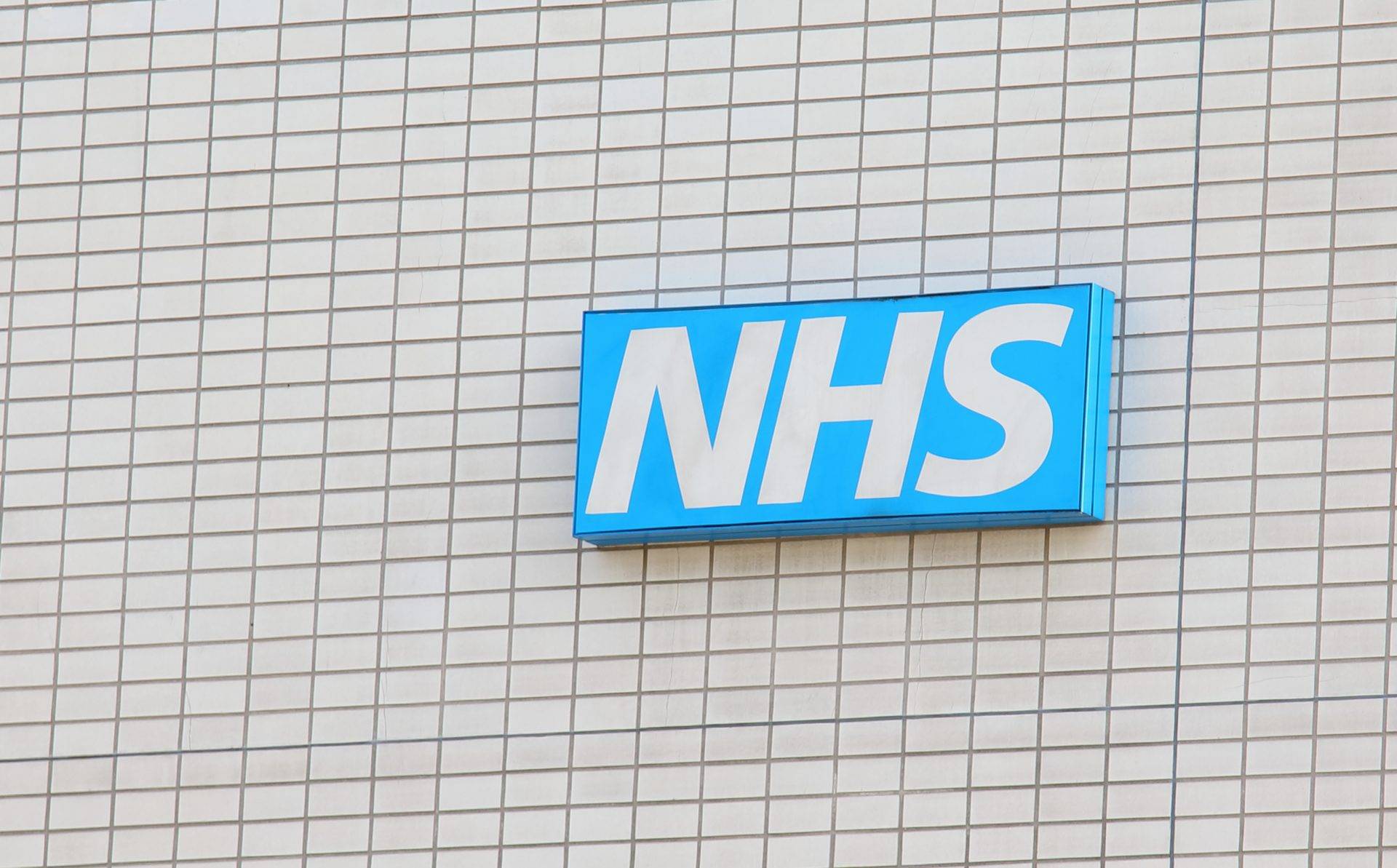In May 2024, Shrdha Kapoor, Associate in our Medical Negligence team, assisted the parents of Emir Ayhan at a three-day inquest relating to the death of their baby son. The Coroner concluded that despite clinical indicators, there were missed opportunities to deliver Emir earlier and if Emir had been delivered 13 minutes sooner, as he should have been, he would have survived.
Emir Ayhan was born on 18 July 2023 by emergency caesarean section at Queen’s Medical Centre (QMC) in Nottingham (part of Nottingham University Hospitals NHS Trust or ‘NUH’). Emir’s mother had a normal pregnancy and expected to deliver a healthy baby.
In the early hours of 18 July 2023 (at 38 weeks pregnant), Emir’s mother went into spontaneous labour and following a phone call by her husband to the maternity advice line at QMC, they attended the hospital. Shortly after attendance at the hospital, Emir’s mother began to experience fresh red vaginal blood loss.
The Coroner, Dr Elizabeth Didcock, found that from then onwards, it should have been clearly understood by staff caring for Emir’s mother that this was an antepartum haemorrhage which required further assessment, including an understanding of the significance of her bleeding and the possible reasons for it. This should have also been discussed with the parents.
It was also found that Emir’s mother’s Maternity Early Obstetric Warning Score (MEOWS) was incorrectly calculated as 2, rather than 6, given her presentation at the time. This contributed to an underestimation by staff of the risk to baby Emir but also the CTG trace (a technique used to monitor contractions and the baby’s heartbeat) showed concerning features from the outset. Sadly, the inquest found that the CTG trace was not closely and continuously monitored as it should have been and there were lengthy periods of loss of contact and therefore no reliable recording of Emir’s heartbeat.
There was evidence of an evolving placental abruption (where the placenta detaches from the uterus) from the point of Emir’s mother’s admission onwards but this was sadly not recognised and appropriately in time. The hospital also failed to follow its own guidelines on managing mother’s with antepartum haemorrhage.
The inquest found that there was a very significant separation of the placenta from the uterine wall approximately 25 minutes before Emir was delivered. This led to an acute and profound lack of oxygen to Emir whilst in utero and a significant slowing in his heart rate. This meant that by the time Emir was delivered, he had suffered a severe hypoxic injury to his brain and other vital organs.
Sadly, despite significant resuscitation and best efforts by the neonatal team to stabilise Emir following his birth, he could not recover from his severe injuries and he sadly died on 5 August 2023 following the withdrawal of life sustaining measures.
To add to the trauma and distress, Emir’s parents, who are Bulgarian and Turkish speaking, were not provided with interpreting services at the time and therefore had a very limited understanding of what was happening to their baby. At the inquest, NUH recognised that they are not currently meeting the needs of its diverse population and changes are currently underway to ensure parents do not feel isolated in emergency situations in the future due to language barriers.
Prevention of Future Deaths
The Coroner, Dr Didcock, gave significant consideration to her duties to formally report any matters giving rise to a risk of future deaths, particularly in the context of:
- A number of previous inquests in Nottinghamshire which have given rise to similar concerns at NUH relating to the management of vaginal bleeding during labour; and
- The ongoing independent and large-scale review of maternity services at NUH by Donna Ockenden.
Dr Gemma Wright (Consultant Obstetrician & Clinical Quality Director) and Rebecca Gray (Head of Midwifery – Quality Risk and Safety) at NUH provided extensive written and oral evidence regarding the learning identified from Emir’s case, the action being taken across the Trust to make changes and to provide assurance that improvements are having an impact.
Dr Didcock welcomed the significant changes being rolled out by the trust in areas of:
- Antepartum haemorrhage
- Focus of fetal monitoring
- Digitalisation of CTG traces
- Improvements to the MOEWS system
- Systems training
Whilst Dr Didcock was sufficiently satisfied by the evidence provided that a report was not required in this case, she highlighted that there “is a requirement for improved conversations with parents” to facilitate decision make and that there was “much work that needs to continue in this area”. Dr Didcock also asked to be personally updated on the Trust’s completion of its project relating to antepartum haemorrhage.
Supporting families during the inquest process
An inquest is a public fact-finding enquiry which considers four key questions:
1. Who the deceased was;
2. When and where they died;
3. The medical cause of their death; and
4. How they came by their death.
Inquests are vital in providing families with answers and are often very helpful as they allow the family to ask any questions and understand how their loved one passed away.
Inquests can be a daunting process for grieving families. Most people will never attend an inquest in their lifetime and so will understandably not know what to expect. Here at Nelsons, we are very dedicated to guiding and supporting families through each step of the way.
How can we help?
Shrdha Kapoor advises on a wide range of clinical negligence claims, including delayed diagnosis, surgical error, fatal medical negligence, drug and medication error and maternity negligence claims.
If you have any questions about the topics discussed in this article, please contact Shrdha or another member of the team in Derby, Leicester, or Nottingham on 0800 024 1976 or via our online form.
Contact usIf this article relates to a specific case/cases, please note that the facts of this case/cases are correct at the time of writing.


